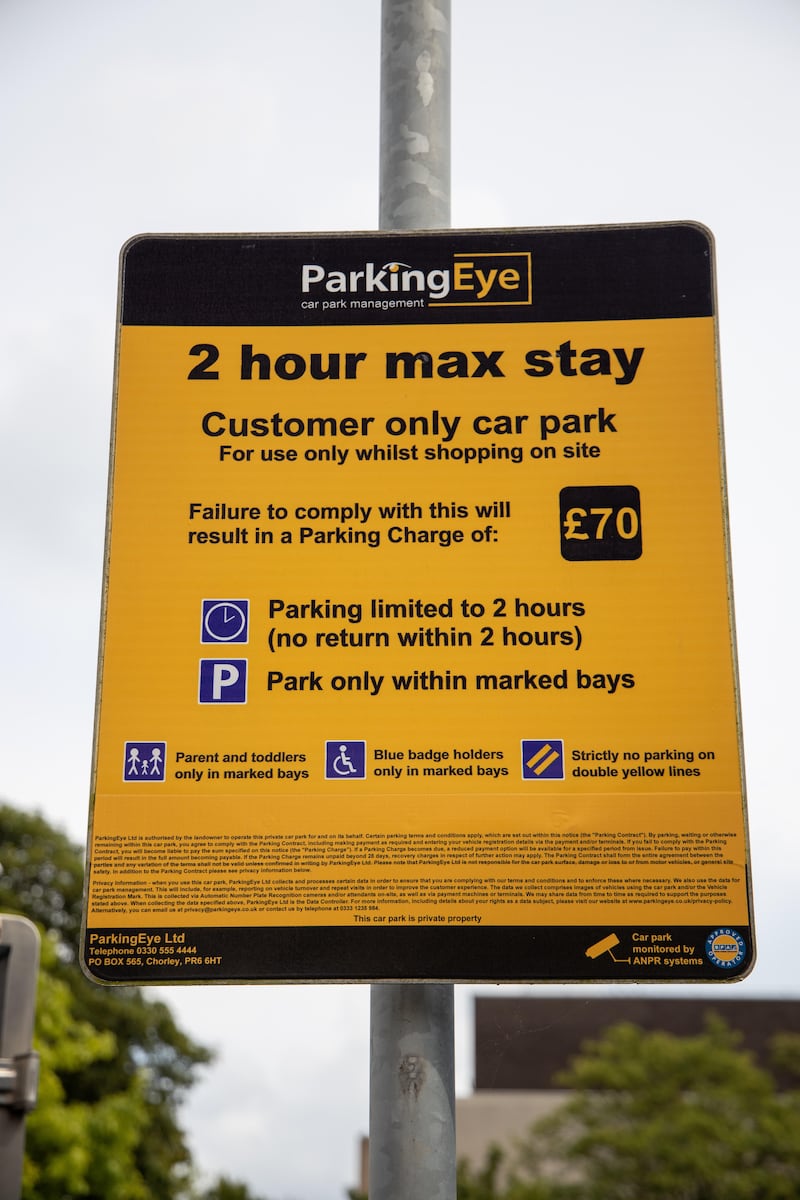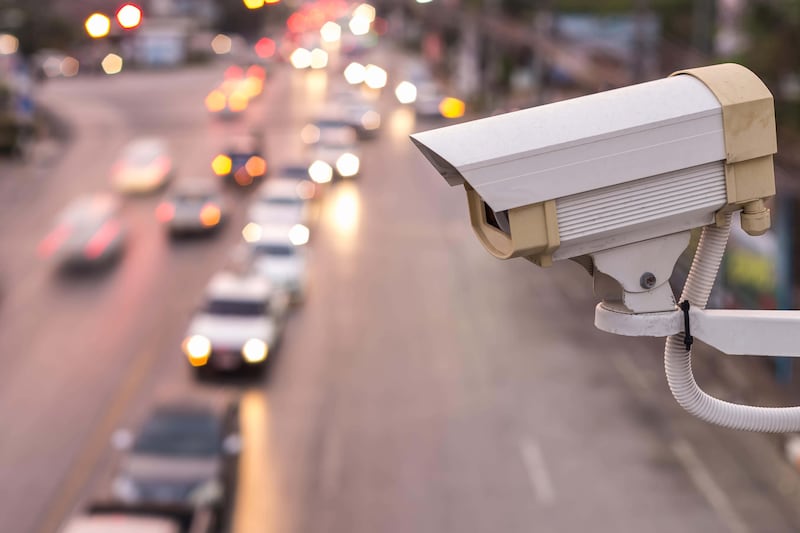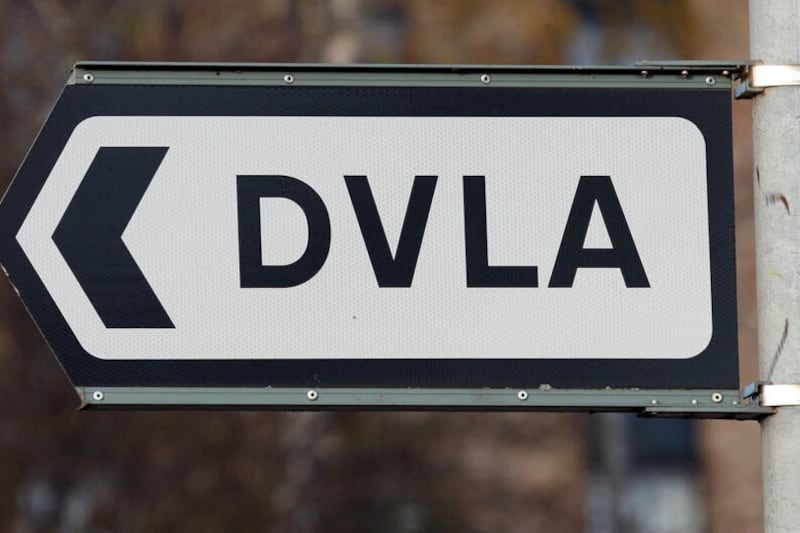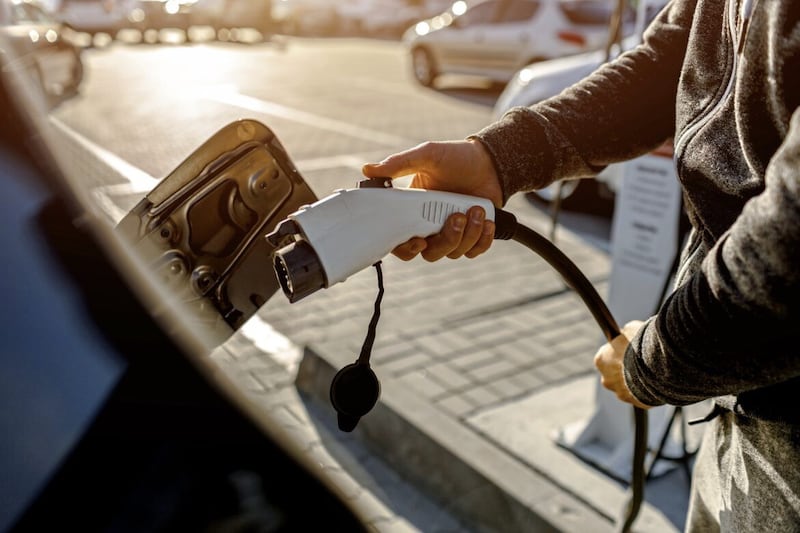Drivers have been hit by a 29% annual rise in the number of parking tickets issued by private companies in Britain, new figures show.
A record 11.1 million tickets were handed out in the 12 months to the end of March, according to analysis of Driver and Vehicle Licensing Agency (DVLA) data by the PA news agency and motoring research charity the RAC Foundation.
That is an average of more than 30,400 every day and is up from the total of 8.6 million during the previous year.
Each ticket can be up to £100, meaning the total annual cost to drivers could exceed £1.1 billion at the current rate.
Private parking businesses have been accused of using misleading and confusing signs, aggressive debt collection and unreasonable fees.
A long-awaited code of practice aimed at eradicating some of the sector’s worst behaviour was due to be introduced after legislation was passed in Parliament in March 2019.
The code was originally laid before Parliament in February 2022 but was withdrawn by the Government five months later following a legal challenge by parking companies.
A new call to evidence on the issue closes on October 8.
RAC Foundation director Steve Gooding said: “In the four-and-a-half years since legislation was passed to create a single code of practice and address the worst excesses of private parking companies, as many as 36 million private parking charges may have been issued.
“The ballooning rate at which the volume of vehicle keeper requests continues to grow is a clear sign that something is seriously awry, creating distress for drivers and hassle for legitimate parking managers alike.
“While some drivers will choose to flout the rules and risk being penalised, the vast majority are simply trying to do the right thing.
“As the private parking minister recognised recently, most motorists do not choose to break the rules deliberately.
“Amid the ongoing cost-of-living crisis it is implausible that millions of drivers would knowingly want to risk running up a charge for as much as £100.
“Of course, Government needs to get the new private parking framework right after the false start it made last year, but surely that’s a task to be measured in weeks and months, not four-and-a-half years and counting.”
The code of practice, which was initially due to come into force across Britain by the end of 2023, stated that the cap on tickets for some parking offences should be halved to £50.

Its withdrawal pending a review of charges will likely lead to a delay in implementation.
The introduction of the code was led by levelling up minister Dehenna Davison until she resigned earlier this month citing an ongoing battle with chronic migraine.
She was replaced by Jacob Young.
The DVLA figures show the number of records obtained from the agency by companies chasing car owners for alleged infringements in private car parks such as at shopping centres, leisure facilities and motorway service areas.
They do not include car parks run by councils.
Some 183 parking management businesses requested vehicle owner records in the year to the end of March.
ParkingEye was the most active, buying 2.1 million records.
The DVLA charges private companies £2.50 per record.
The agency says its fees are set to recover the cost of providing the information, and it does not make any money from the process.
The Department for Levelling Up, Housing and Communities has been asked for comment.
– Here are the number of vehicle keeper records obtained from the DVLA by parking management companies since 2018/19:
2018/19: 6.8 million
2019/20: 8.4 million
2020/21 (affected by the coronavirus pandemic): 4.4 million
2021/22: 8.6 million
2022/23: 11.1 million.








